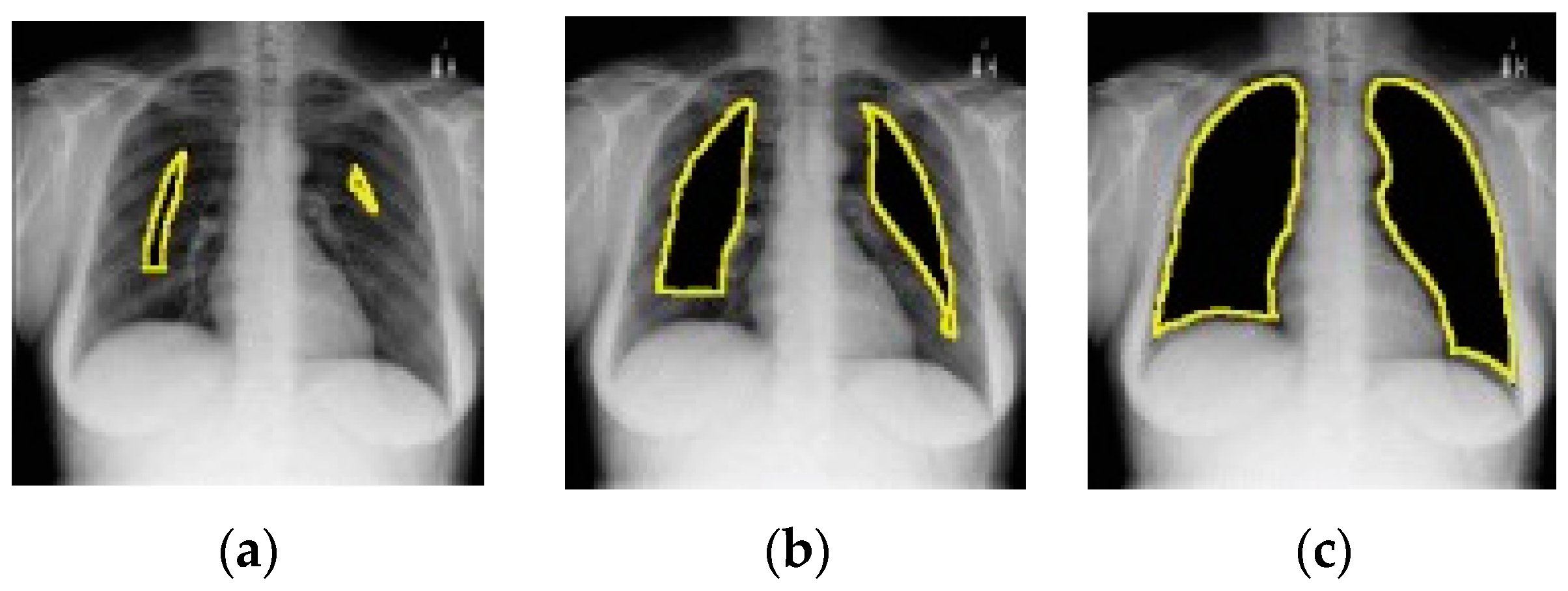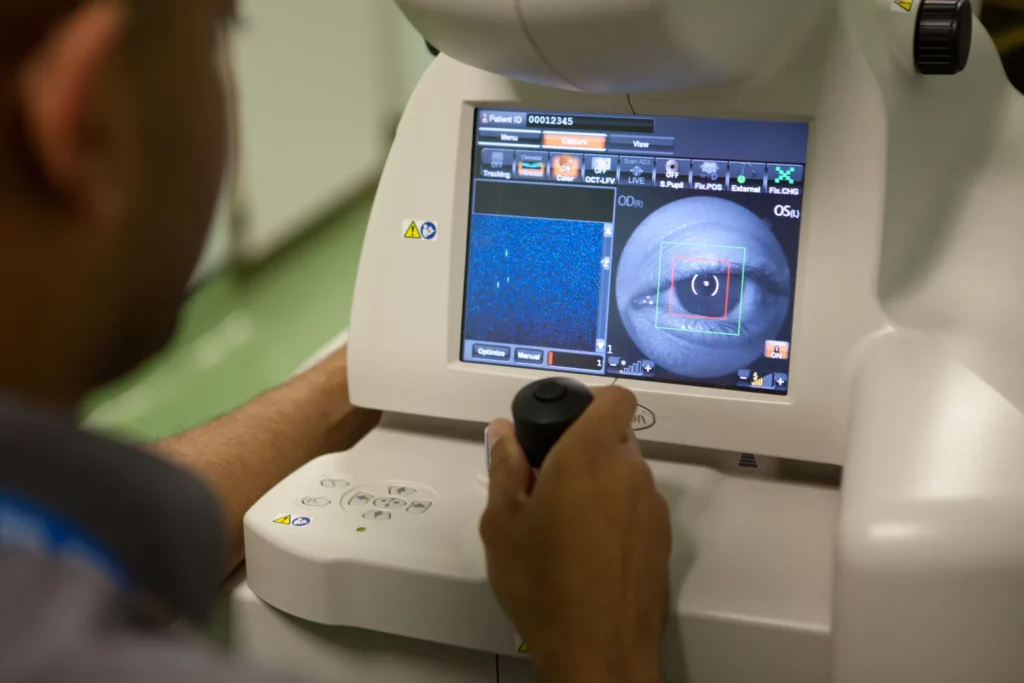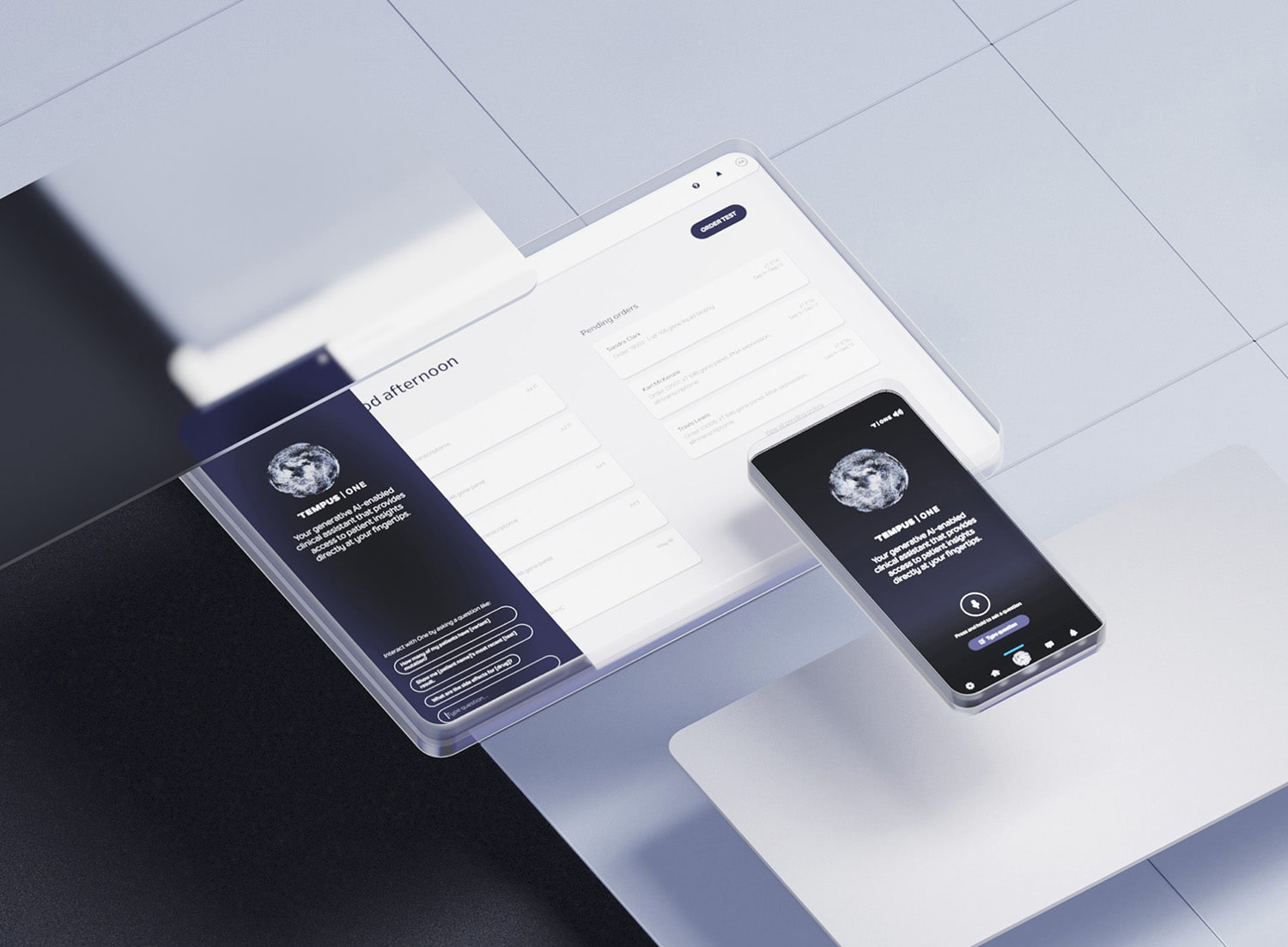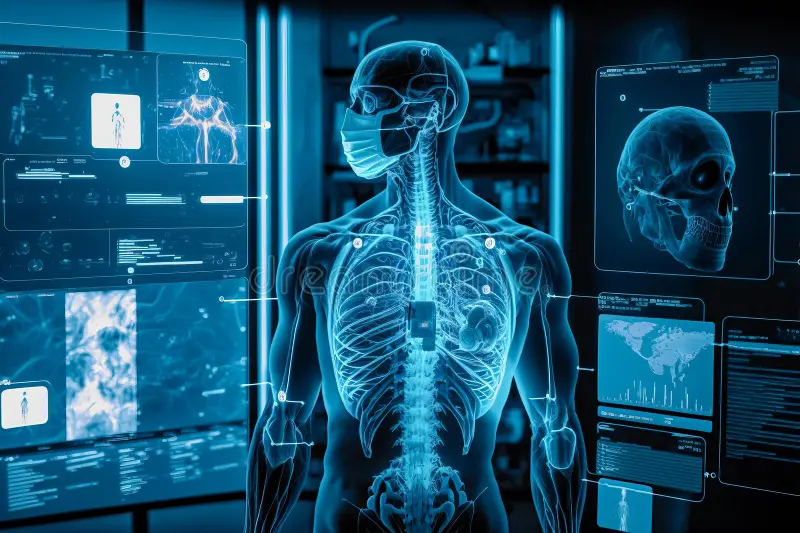AI in Healthcare might sound like a futuristic concept, but let’s be real—you’re sick, sneezing like a broken sprinkler, body aching like you just played five rounds of futsal, and your group chat is full of teammates who sometimes need you to carry the squad. Normally, you’d haul yourself to a doctor, wait in line, get poked with a thermometer, and finally leave with a prescription—and a wallet crying softly.
But guess what? In today’s world, there’s a new player in the exam room: AI — aka Artificial Intelligence. No, not the sci-fi kind that tries to take over the planet while speaking in a monotone robot voice. We’re talking about digital brains that help doctors work faster, more accurately, and (sometimes) more patiently than actual humans.
Let’s dive in — don’t worry, this won’t be a real surgery — and see how AI is shaking up the medical world and why it might just be the best BFF for future patients.
What Is AI in the Medical World?
AI (Artificial Intelligence) in healthcare refers to using computer technology that can learn from medical data, analyze symptoms, and support clinical decisions. But hold up — AI isn’t here to compete with doctors. It’s more like a tireless coworker who never needs coffee breaks or vacation days.
Here’s what AI can do:
-
Detect cancer from MRI images in seconds.
-
Predict heart attacks using previous health data.
-
Chat with patients through bots and give basic suggestions (without any eye-rolls).
Cool? Totally. And we haven’t even gotten to the juicy part yet. Keep going!
Types of AI Used in Healthcare
So, how exactly is AI helping out our docs and nurses? Let’s meet the tech team:
1. Machine Learning (ML)

This is the brain of AI. It learns from data. Say you give it thousands of images of healthy lungs and lungs with pneumonia. Over time, the AI picks up patterns and can say, “Hey, this one looks like pneumonia!”
2. Natural Language Processing (NLP)

NLP helps AI understand human language. Perfect for:
-
Reading medical notes (even the ones that look like chicken scratch).
-
Analyzing patient data from electronic health records.
3. Computer Vision

This tech helps AI read and interpret images — not just see them, but analyze them deeply. Used for:
-
Detecting tumors in radiology scans.
-
Diagnosing skin issues from photos.
4. Robotic Process Automation (RPA)

Not a surgical robot, more like a digital assistant. RPA helps with:
-
Automatically inputting patient data.
-
Sending appointment reminders.
-
Generating medical reports.
Real-Life Examples of AI in Medicine
This isn’t just theory. Hospitals and health startups are already using AI in real life. Check these out:
1. Diagnosing Diseases with Super Accuracy

-
Google DeepMind can detect eye issues from retina scans as accurately as a specialist.
-
PathAI analyzes tumor samples to predict cancer with precision.
2. Predicting Illnesses Before They Happen

-
US-based Tempus uses AI to study patient genomes and forecast cancer risks.
-
In China, AI + big data is used to predict heart attacks based on lifestyle habits.
3. AI-Assisted Surgeries

-
Da Vinci Surgical System: A high-tech robot controlled by doctors, with AI making movements more precise and reducing surgical wounds.
-
It’s already helping with heart surgery, prostate procedures, even neurosurgery.
4. Health Chatbots

-
Babylon Health (UK): Patients can consult a chatbot, and AI provides initial suggestions based on symptoms.
-
Ada Health (Germany): A chatbot app that offers early diagnoses from user symptoms.
Why the Medical World Loves AI
Before we fall too hard for AI, let’s break down why it’s become such a darling in healthcare:
| Advantage | What It Means |
|---|---|
| Consistent | Doesn’t get tired, so its diagnosis stays reliable. |
| Fast | Analyzes tons of data in seconds. |
| Accurate | Detects tiny patterns that human eyes might miss. |
| Data-Driven | Decisions based on millions of records, not just “gut feel.” |
| Operational Cost | Reduces wait times and lightens the load on health staff. |
But Wait — AI Isn’t Perfect!
Let’s not sugarcoat it. AI has its headaches, too. Here are some of the growing pains:
Data Privacy
AI needs your health data — but what if that data leaks or gets misused? This is a huge concern in digital health.
Lack of Transparency
Sometimes, AI gives a diagnosis but can’t explain why. This is known as the “black box” problem, and it bugs a lot of doctors.
Over-Reliance
If we rely on AI too much, there’s a risk that doctors might stop thinking critically and just trust the machine blindly.
Cost of Implementation
AI tech isn’t cheap. Small clinics might struggle to afford or adopt it right away.
Countries Already Going Full Speed with Medical AI
| Country | AI Healthcare Innovations |
|---|---|
| 🇺🇸 USA | DeepMind, IBM Watson Health, PathAI |
| 🇨🇳 China | Alibaba AI Health, Ping An Good Doctor |
| 🇬🇧 UK | Babylon Health, NHS AI Lab |
| 🇩🇪 Germany | Ada Health, AI for X-ray analysis |
| 🇰🇷 South Korea | AI for lung cancer diagnosis & stroke prediction |
Is AI in Healthcare the Future or Just a Fantasy?
We’re not quite at the stage where robots are running hospitals — and let’s hope we don’t get there — but here are some exciting future trends:
1. Personalized Medicine
AI could tailor drugs and treatments for individuals based on their genetics, lifestyle, and health history.
2. Preventive Healthcare
Instead of waiting until you’re sick, AI could help predict and prevent illness, like having an AI-powered health insurance buddy.
3. Doctor + AI = Medical Superheroes
Think of it as a powerful duo. AI won’t replace doctors, but it’ll make them stronger, faster, and more efficient, kind of like Iron Man with his tech.
How Much Does AI Healthcare Cost?
Wondering how much all this futuristic health tech costs? Here’s a rough breakdown:
| AI Service | Estimated Cost | Notes |
|---|---|---|
| Health Chatbots (Babylon, Ada) | Free – $10 | Many apps offer free basic features. |
| AI Radiology Exams | $50 – $300 | Depends on the hospital and the technology used. |
| Genomic Testing + AI | $500 – $2000 | For cancer prediction and personalized care. |
| AI-Assisted Surgeries | $10,000 – $30,000 | Major operations with robotic assistance. |
FAQ: Common Questions About AI in Medicine
Q: Can AI replace doctors?
A: Nope. AI helps doctors — they’re a team. Think Batman and Robin, not Terminator.
Q: Are AI chatbots safe for medical advice?
A: They’re good for first opinions. But always check with a real doctor too.
Q: Is AI healthcare legal?
A: Yes, most countries already have or are developing regulations to keep it safe and ethical.
Q: When will AI medicine go big in Indonesia?
A: It’s slowly happening, especially in major hospitals and health startups. The key now is solid infrastructure and strong policies.
Conclusion: AI in Medicine Is…
Not here to replace doctors, but to make them faster, sharper, and more humane. Medical AI isn’t just “the future” — it’s already part of today’s toolkit. And in the future? You might have a tiny digital assistant in your pocket saying, “Hey, drink some water and go to bed early, will ya?”
And hey, if you think AI in healthcare is already wild, wait until you meet its big boss: Artificial Superintelligence (ASI). It’s like AI… but with a PhD in everything.
